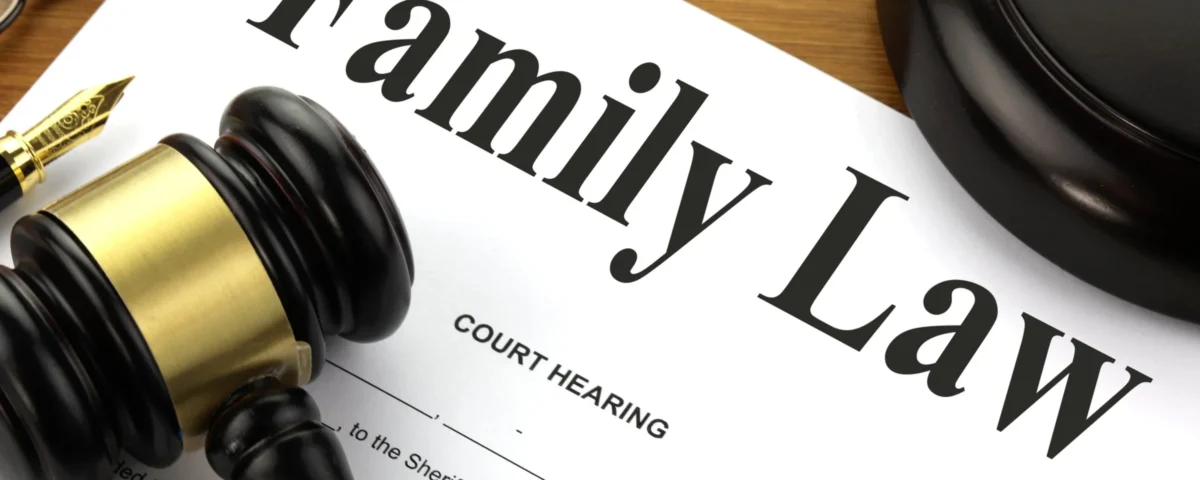One of the most important and frequently tense parts of divorce is reaching a financial settlement when a marriage ends. In the UK, one of the most important choices that divorcing couples must make is whether to accept a lump sum settlement (a one-time payment) or spousal maintenance (continuing payments). Each option has advantages and disadvantages, and the best option will vary depending on the specific situation. To assist you in making an informed choice, this guide provides answers to the most frequently asked search questions.
Spousal maintenance: what is it?
A regular payment made by one ex-spouse to the other, known as spousal maintenance, is meant to support the less wealthy party in maintaining a respectable standard of living after the divorce. It is not the same as child support.
When does spousal maintenance get paid?
When there is a sizable income difference between ex-spouses or when one party has sacrificed their career or earning potential (for example, to raise children), spousal maintenance is typically taken into consideration.
• Following a divorce, the receiving party is unable to support themselves right away.
Autonomy does not exist. The length of the marriage, the parties’ ages, their financial needs, and the contributions they made during the marriage are some of the variables the court considers when making its assessment.
A Lump Sum Settlement: What Is It?
In lieu of or in addition to other financial orders (such as property division), a lump sum is a single, one-time payment made by one party to the other. It is not recurring, but it can be paid in full or in installments.
Purchasing out one spouse’s portion of a property is one common use for lump sum payments.
• Making an upfront agreement for continuing spousal maintenance.
• Ensuring instant financial autonomy.
Is it Possible to Modify or Terminate Spousal Maintenance?
Indeed. Either party may change spousal maintenance if circumstances change, such as if the receiving party starts making more money or the paying party loses their job. Nevertheless, this may result in ambiguity and future legal issues.
Additionally, if the recipient gets married again, maintenance automatically ends. Courts occasionally issue time-limited term orders, frequently with a “section 28(1A)” clause that forbids further extensions.
Is a Fresh Start Always Better?
A lot of people look up “Is it better to get a clean break?” Your needs will determine the answer.
After a divorce, no financial ties are left behind thanks to a clean break order, which usually includes a lump sum payment or asset transfer. It prevents future conflicts and offers both parties a new beginning. Ongoing maintenance, however, may offer crucial assistance to people with low earning potential or uncertain financial futures.
How Does the Court Reach a Decision?
The family court takes into account the following factors: • Income and earning potential; • Financial requirements and commitments; • Age and health of both parties; • Length of marriage; • Role each person played during the marriage (e.g., breadwinner vs. caretaker).
A fair and reasonable conclusion that facilitates the shift to financial independence is the goal.
Is It Possible to Negotiate Without Appearing in Court?
Indeed. You can come to an agreement through collaborative law, mediation, or solicitor negotiations. Without a drawn-out legal battle, you can make the financial settlement legally binding by filing a consent order with the court once you agree on the terms.
Conclusion
• If you can manage your finances and want closure and independence, go with a lump sum.
• If you require continuous assistance and are unable to receive it in the near term, choose spousal maintenance.
Before making a decision, always consult a financial advisor or family law attorney. Since every divorce is different, getting expert advice guarantees that you are aware of the long-term effects.
For expert legal advice on UK immigration and asylum laws, contact our team today!
For further advice please get in touch with our team today by calling 020 8538 0182 or +44 7857 809932, or you can email us on [email protected].
Please note these blogs are to enhance your knowledge and are not tailored advice, for specific advice please get in touch with our outstanding team.



